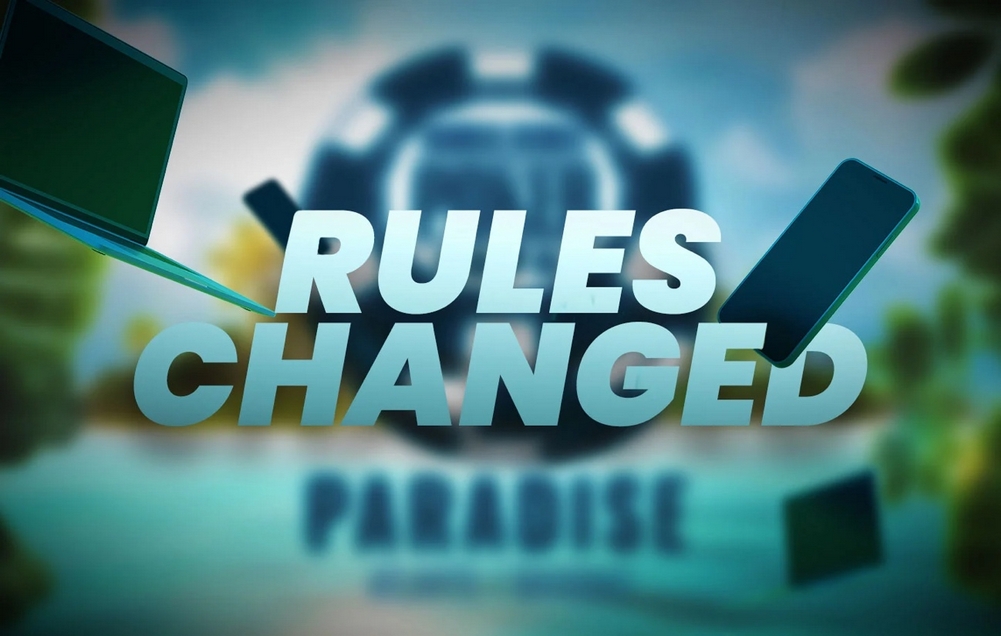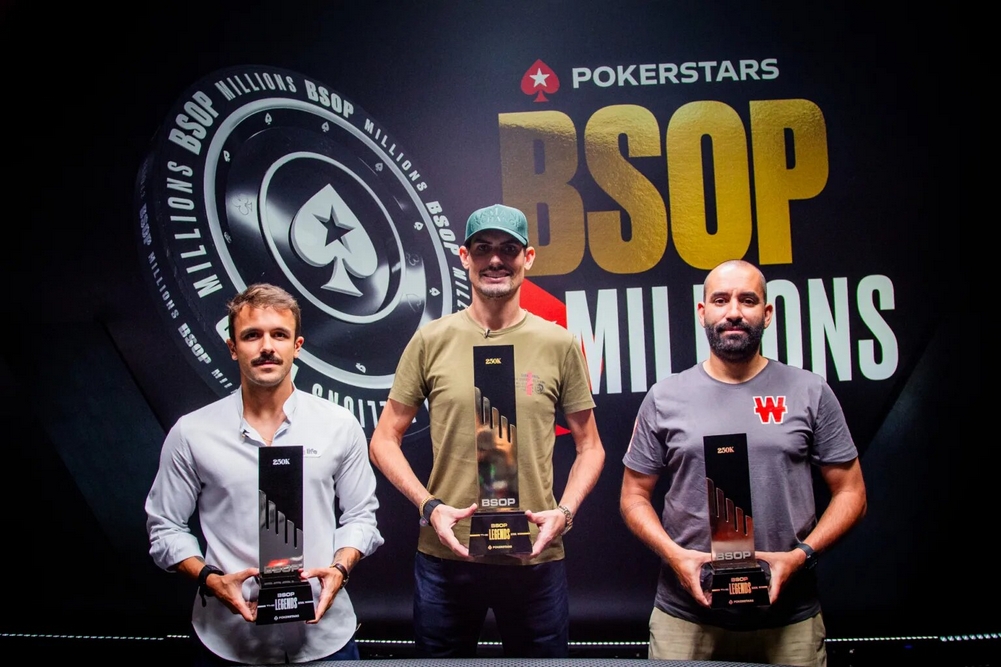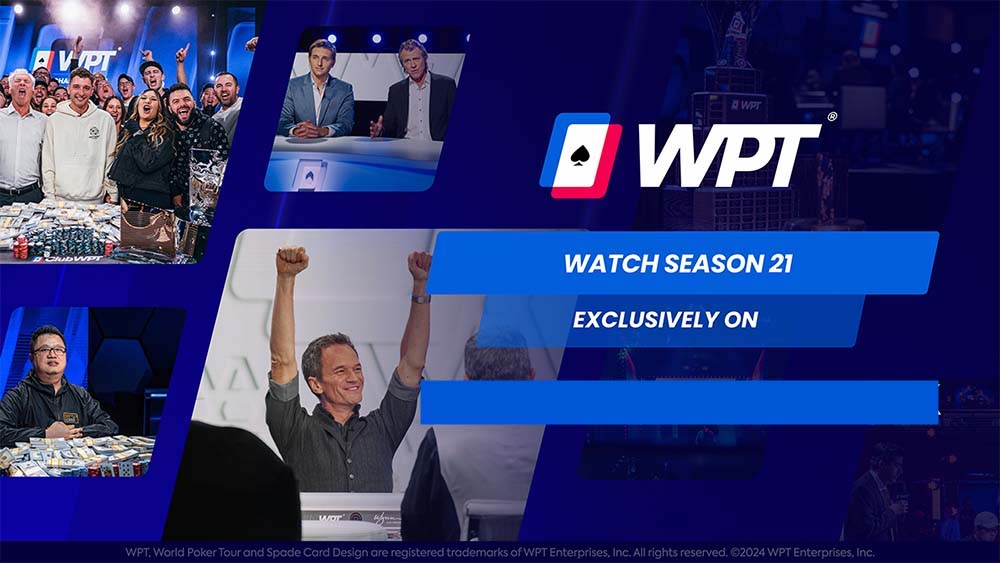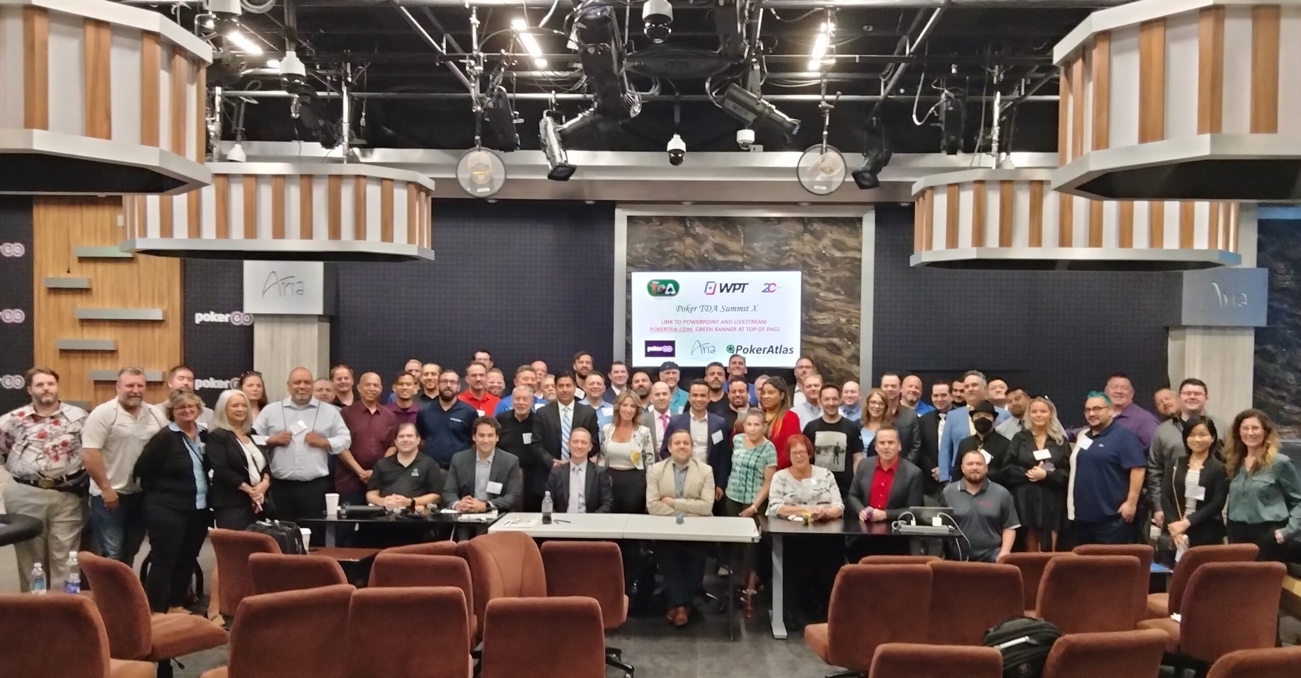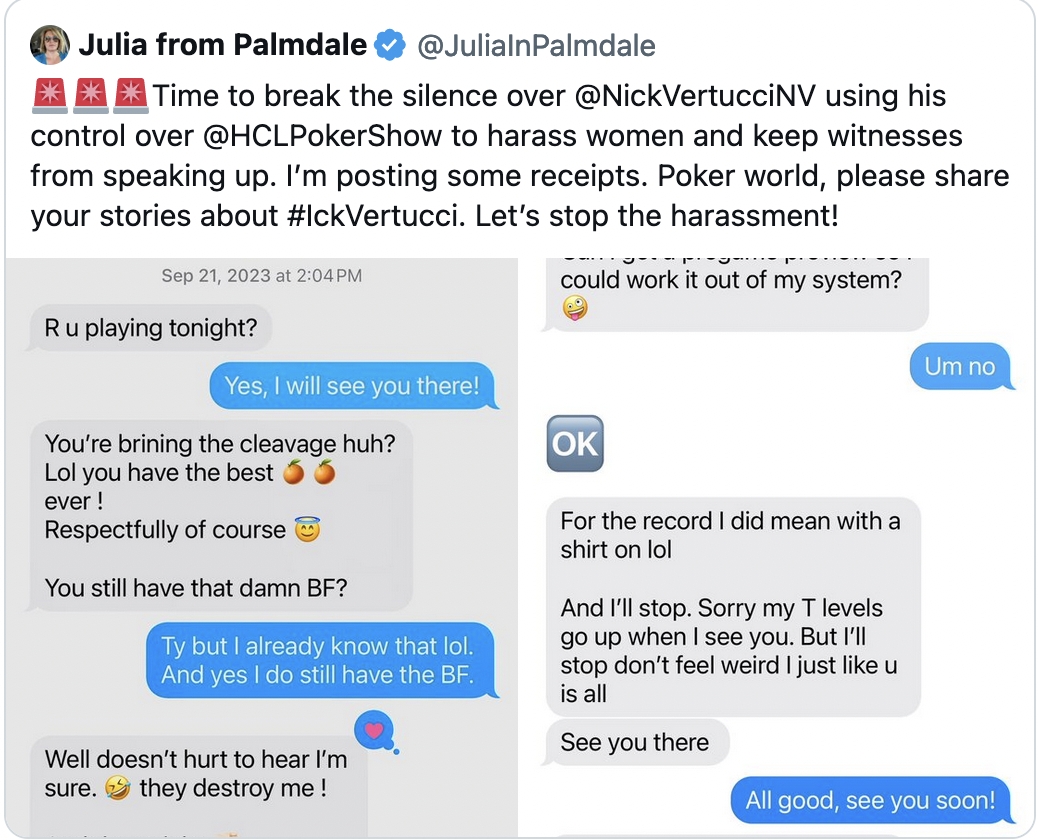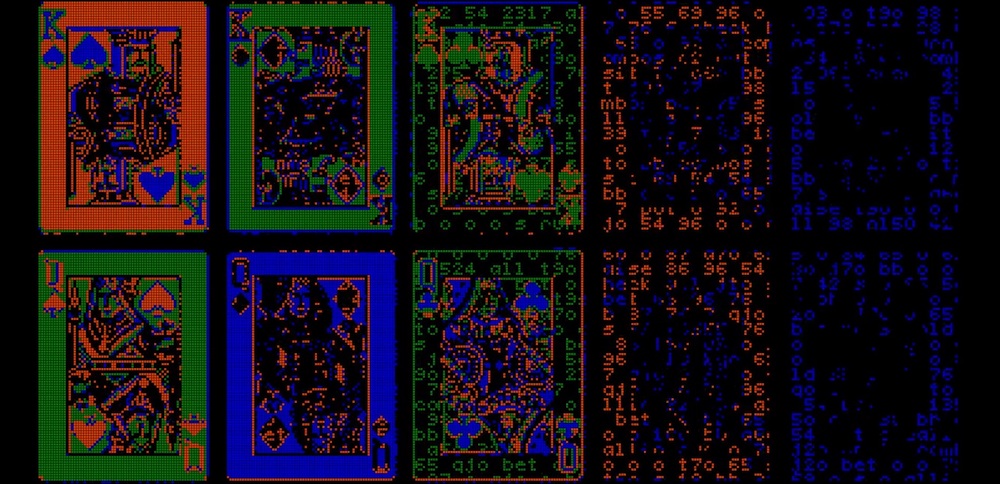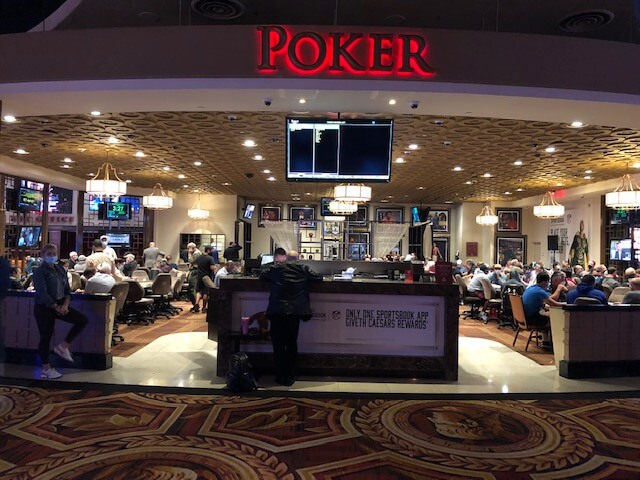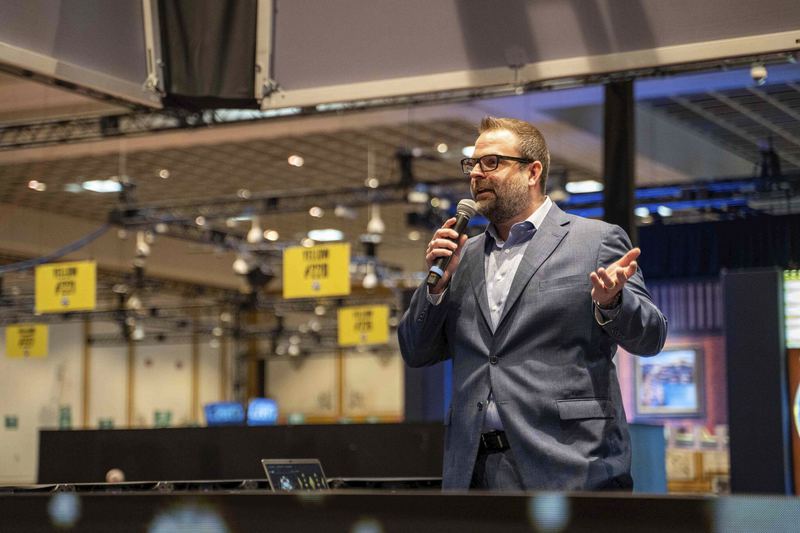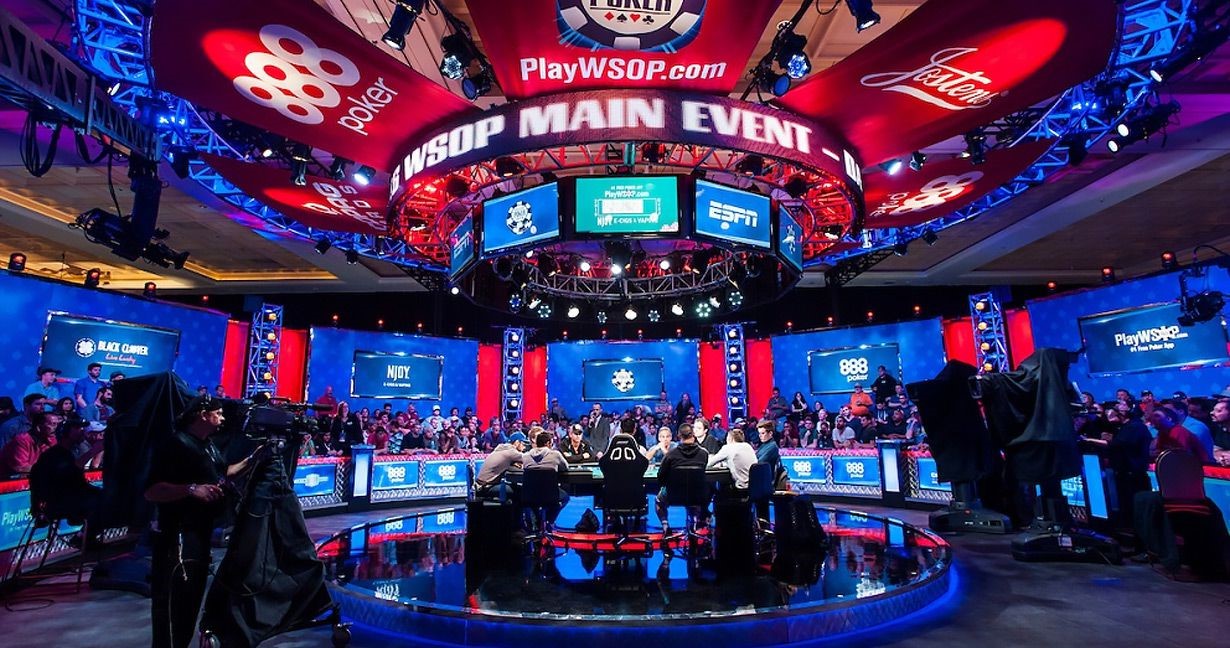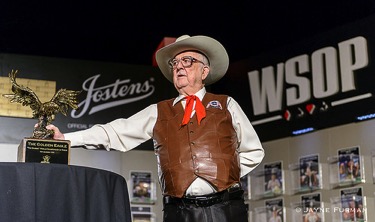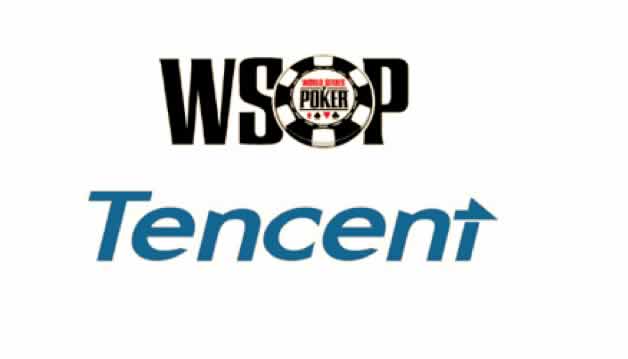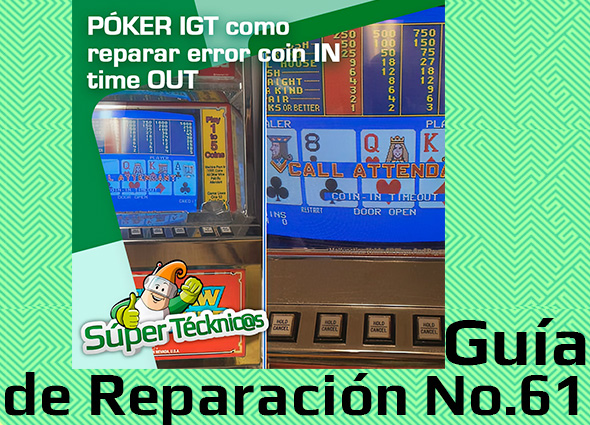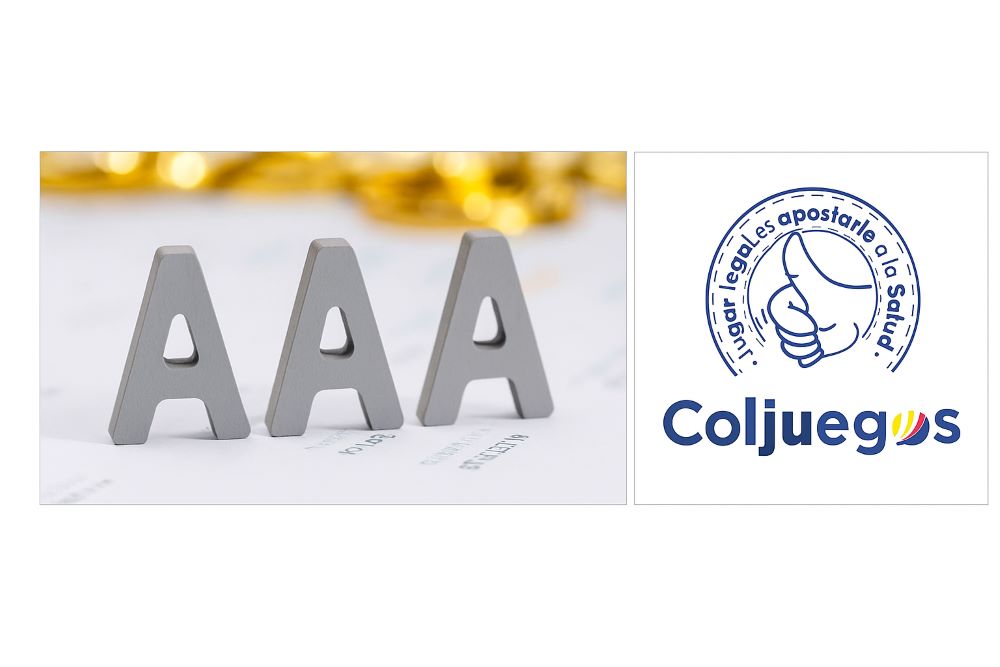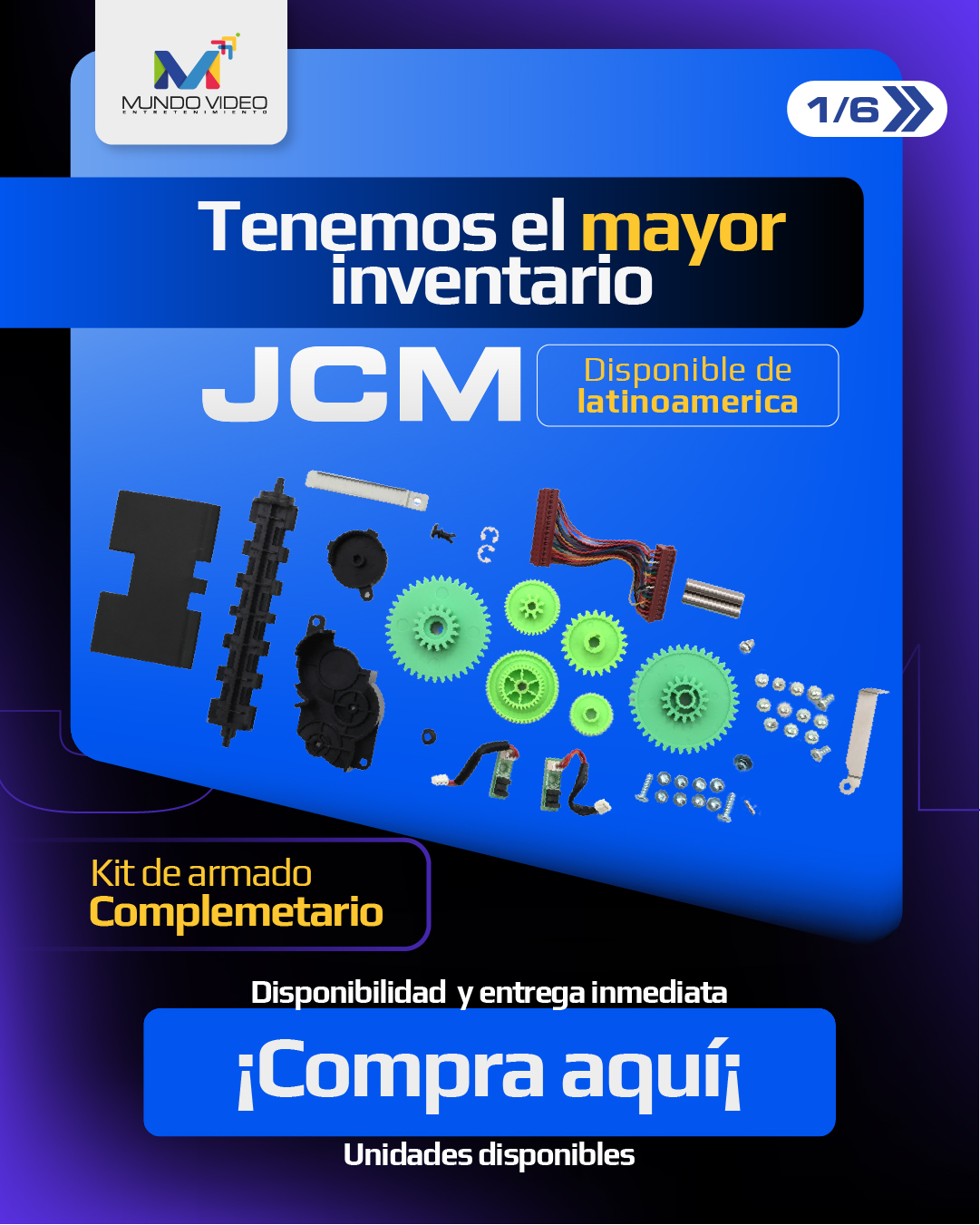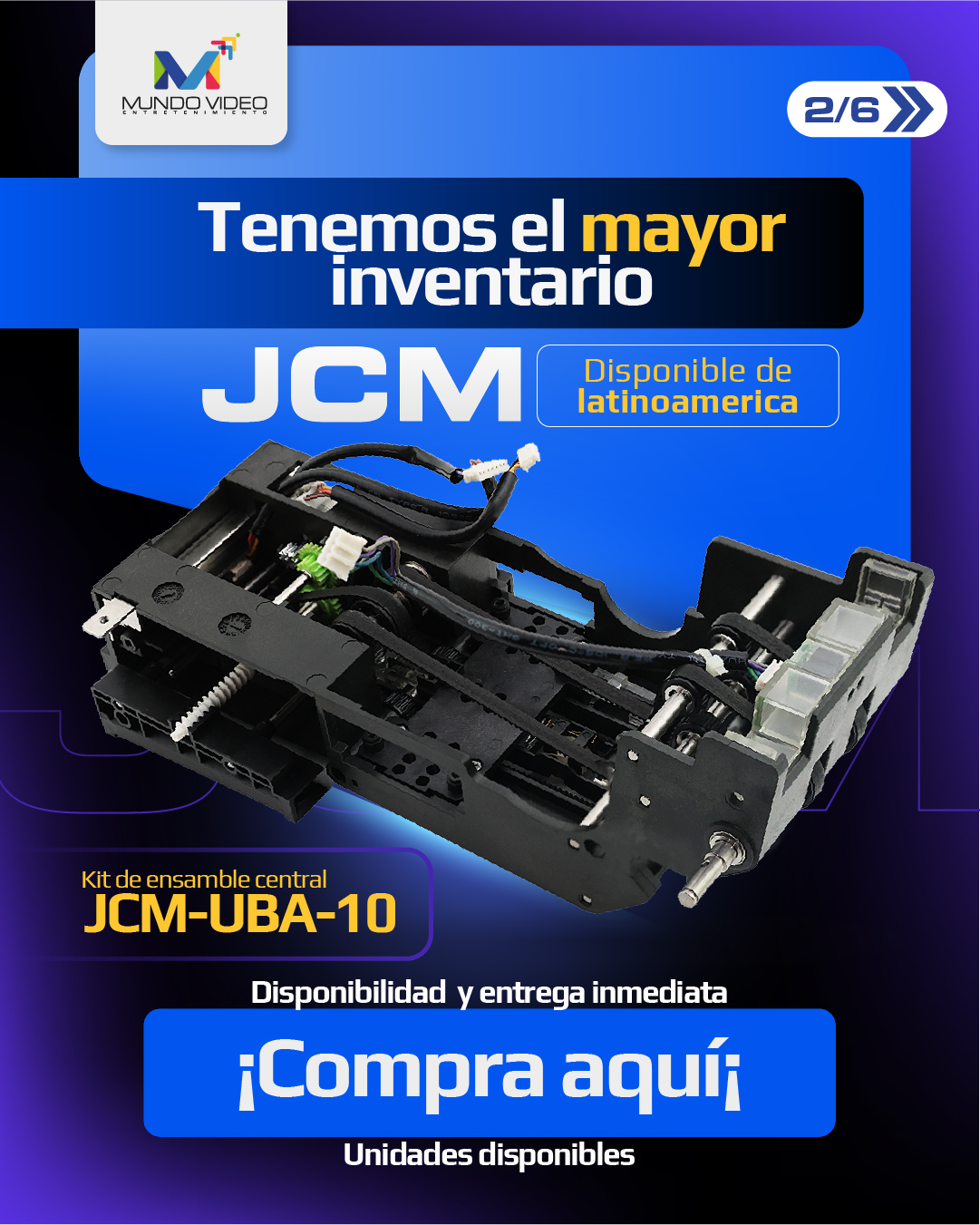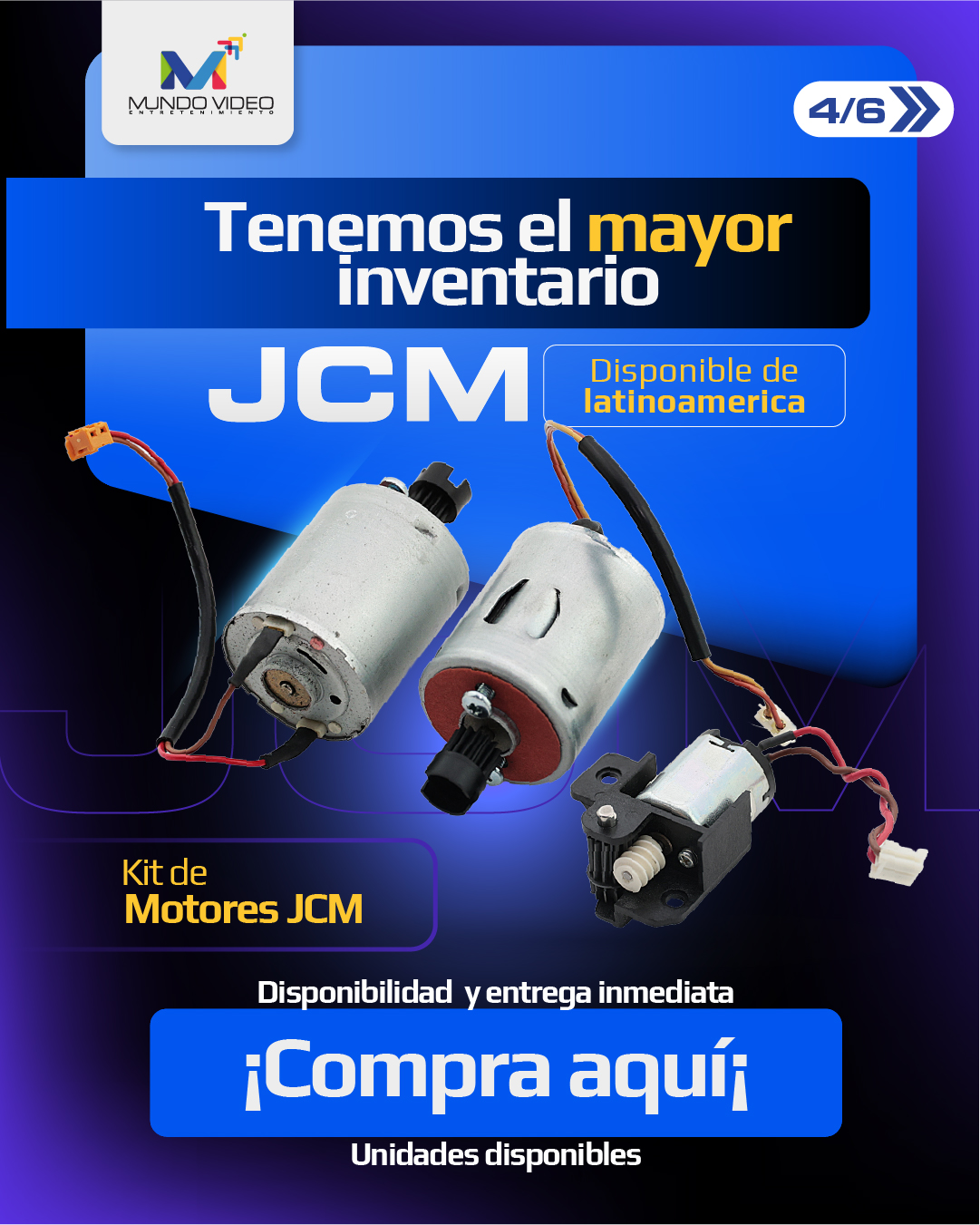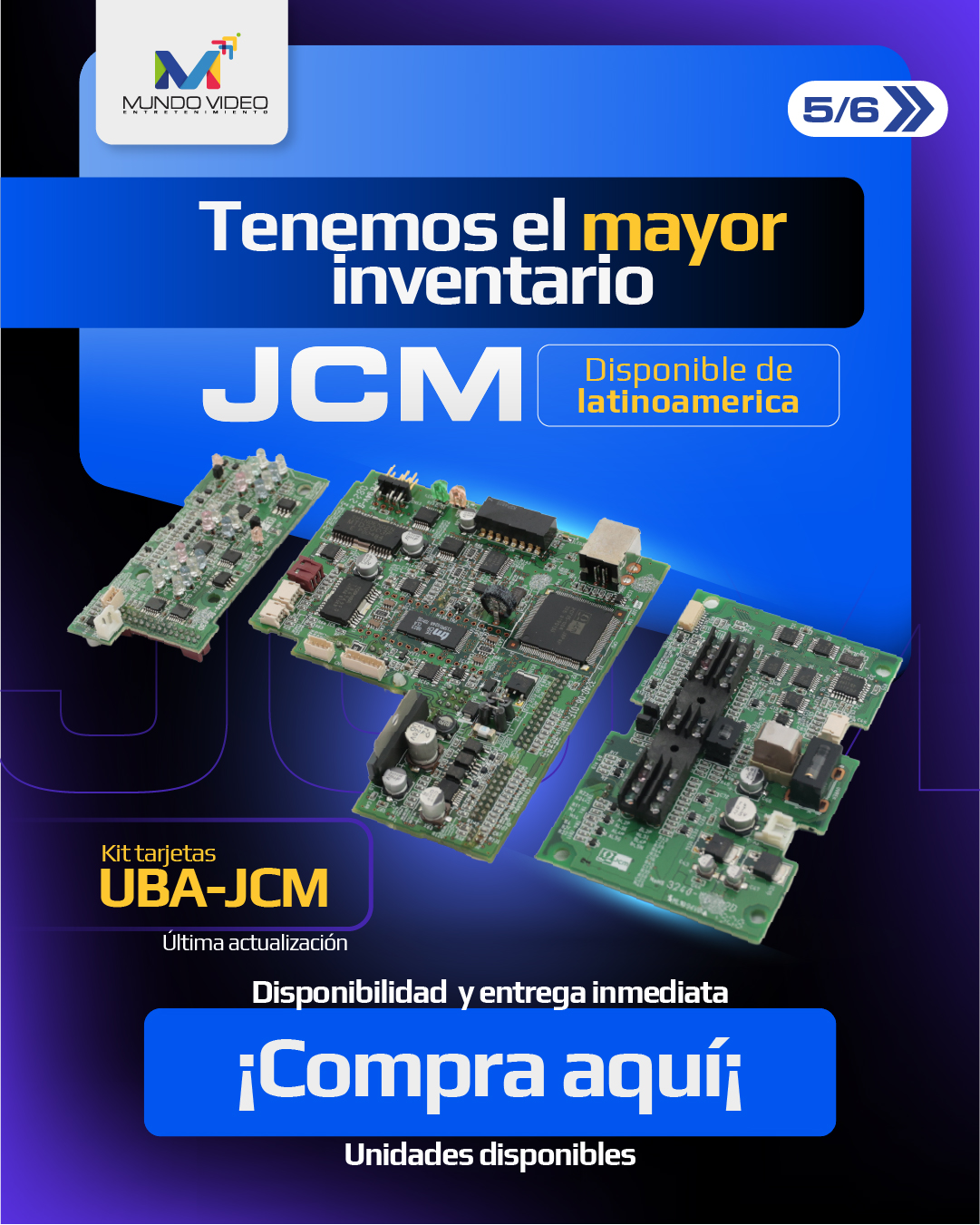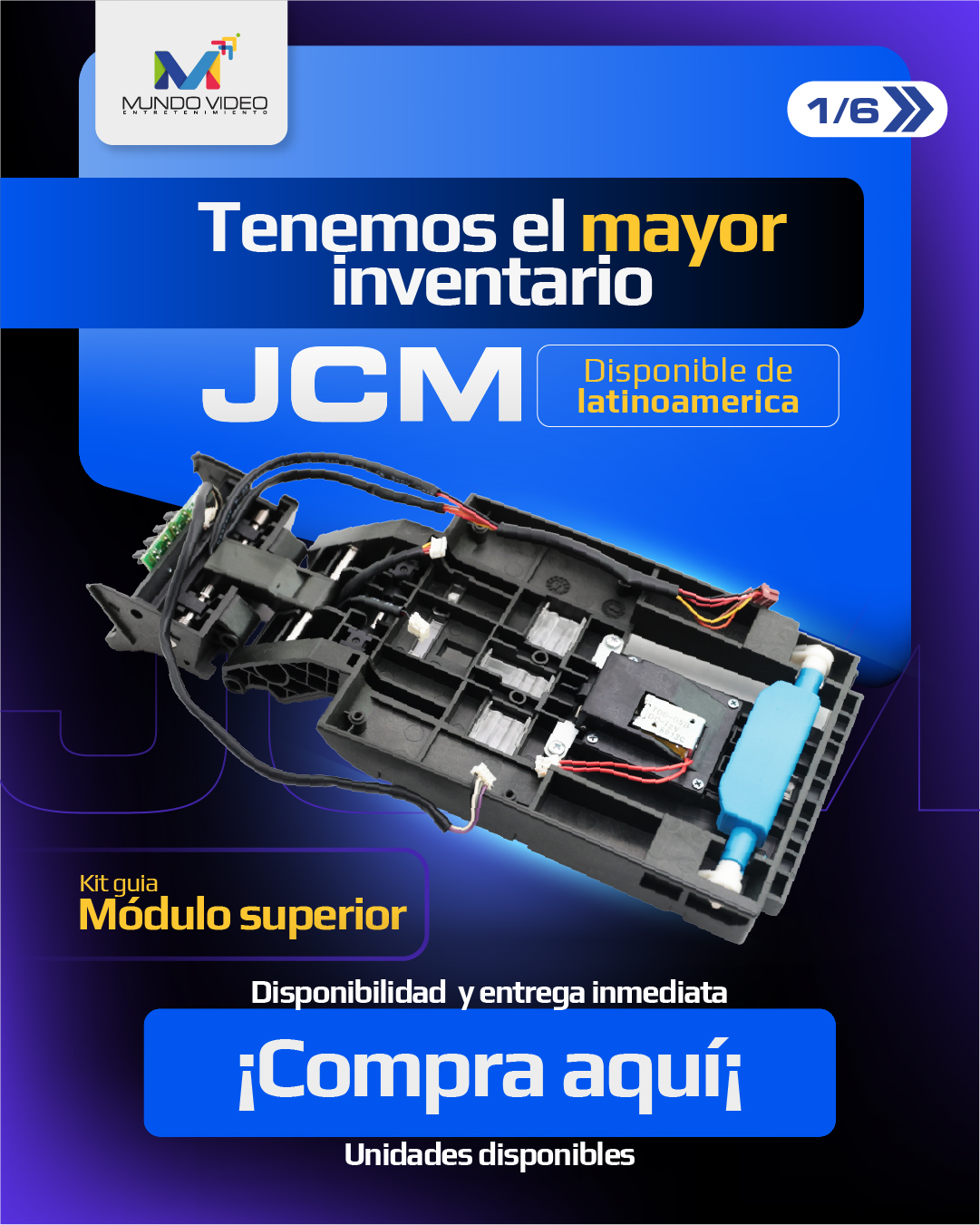An incredible run that many are comparing to Phil Hellmuth's historic WSOP achievements - far from stopping at 20 COOP titles, Benny Glaser has managed to add three more to his tally, surpassing all historical tables!
Not even a week has passed when we informed you about the historical record, which was set by the British professional BennyGlaser. In addition to the live scene, he's crushing the online scene as well, where he became the most successful player ever with a total of twenty COOP titles thanks to a double win at this year's WCOOP.
If you think that we forget what we are writing about, or that we are making fun of you with repetitive information, we must make clear right from the start. Benny has won three more WCOOP titles in the last four days, and according to his own words, he's not about to take his foot off the gas for the last ten days of the festival either!
https://x.com/BennyGlaser/status/1705736206997393545?s=20
Benny won his twenty-first title in his favourite event, 2-7 Single Draw, where he converted a $1,050 buy-in into a $19,489 prize. The very next day, he was undefeated in the $2,100 Omaha High-Low event, where he took home his 22nd title in addition to $44,201. Finally title came in the $1,050 5-Card Draw event, where none of his 23 opponents could keep up with Benny, allowing him to walk away with another title and a $14,207 prize.









